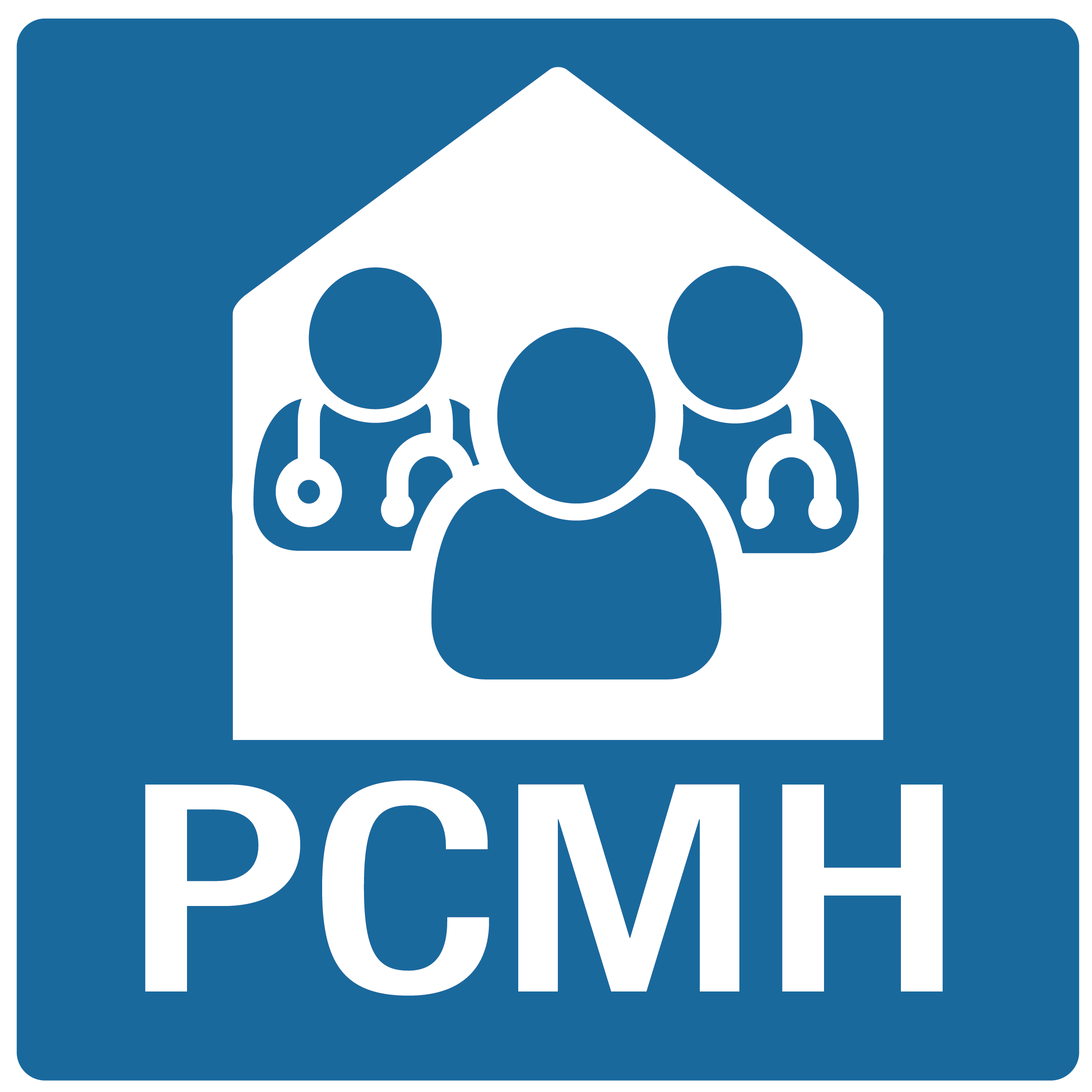To Buy Topamax Online Visit Our Pharmacy ↓
 Topamax for Migraine Relief: What You Need to Know
Topamax for Migraine Relief: What You Need to Know
Understanding How Topamax Works for Migraines
Topamax, also known as topiramate, is an anticonvulsant medication that can effectively prevent migraines. It stabilizes nerve activity by inhibiting the excessive firing of neurons in the brain, a common trigger for migraines. The precise mechanism involves modulation of neurotransmitter activity, particularly affecting those that excite the nervous system. This results in a decrease in the frequency and intensity of migraine attacks.
| Mechanism | Effect on Brain |
|---|---|
| Inhibition of neuronal activity | Reduces nerve excitability |
| Modulation of neurotransmitters | Prevents migraine triggers |
By primarily targeting glutamate pathways and enhancing gamma-aminobutyric acid (GABA) activity, Topamax creates a more balanced neurotransmitter environment. This preventative approach allows migraine sufferers to experience fewer episodes, offering them substantial relief and an improved quality of life.
Potential Benefits of Topamax for Migraine Sufferers

Topamax, an anti-seizure medication, is often heralded for its efficacy in reducing migraine frequency. By altering electrical activity and chemical messaging in the brain, it helps decrease the intensity and number of migraines. Many who use Topamax report fewer debilitating headaches, allowing a return to daily activities with greater consistency. Moreover, its preventive nature can be particularly advantageous for those experiencing frequent migraines, as it addresses the issue proactively rather than merely managing symptoms once they begin.
Common Side Effects: What to Expect with Topamax
When delving into the world of migraine treatment, it's essential to understand what you might experience when taking Topamax. As an antiepileptic medication, it's primarily used to prevent migraines. However, while it works wonders for many, some users encounter side effects such as tingling in the hands or feet, appetite loss, and weight loss. These effects can often diminish as your body adjusts.
On your journey with Topamax, you might also notice cognitive slowing or mild confusion—peculiar, yet common experiences. Staying informed and maintaining open communication with your healthcare provider is key to navigating these challenges. After all, being prepared can make all the difference in your treatment experience.
Dosage Guidelines: Finding the Right Amount for You

Finding the right Topamax dosage is crucial in effectively managing your migraines while minimizing potential side effects. Typically, treatment starts with a low dose, allowing the body to gradually adjust to the medication. Your healthcare provider will incrementally increase the dosage based on how well you tolerate the medication and your response in reducing migraine frequency and severity. Regular follow-up appointments are essential to monitor your progress and make any necessary adjustments, ensuring you find the optimal balance that works best for you.
Interactions: Combining Topamax with Other Medications
In the journey of managing migraines with Topamax, being aware of how it interacts with other medications is crucial. This anticonvulsant doesn't just relieve migraine symptoms; it may alter the effectiveness of certain drugs or increase the risk of side effects. For instance, combining Topamax with other central nervous system depressants can intensify drowsiness.
| Medication Interaction | Effect |
|---|---|
| Central Nervous System Depressants | Increased drowsiness |
| Diuretics | Increased risk of kidney stones |
It's essential to communicate all medications to your healthcare provider. Topamax can also influence diuretics and certain enzyme-inducing drugs, affecting sodium levels and hydration status. Proper medical guidance ensures effective migraine relief while minimizing potential complications, creating a safer path to headache-free days.
Tips for Managing Migraines While on Topamax
Managing migraines while on Topamax requires a proactive approach to prevent triggers and minimize episodes. Regularly monitor your diet, sleep, and stress levels, as these factors can influence migraine frequency. Keeping a headache diary can help identify and avoid potential triggers. Stay hydrated and maintain a balanced diet rich in magnesium and riboflavin, nutrients known to support brain health. In addition to Topamax, incorporate relaxation techniques such as yoga or meditation to reduce stress and enhance overall well-being. Always communicate with your healthcare provider to tailor strategies that suit your lifestyle best.
Learn more from NCBI. Explore additional insights at Cochrane Library.





